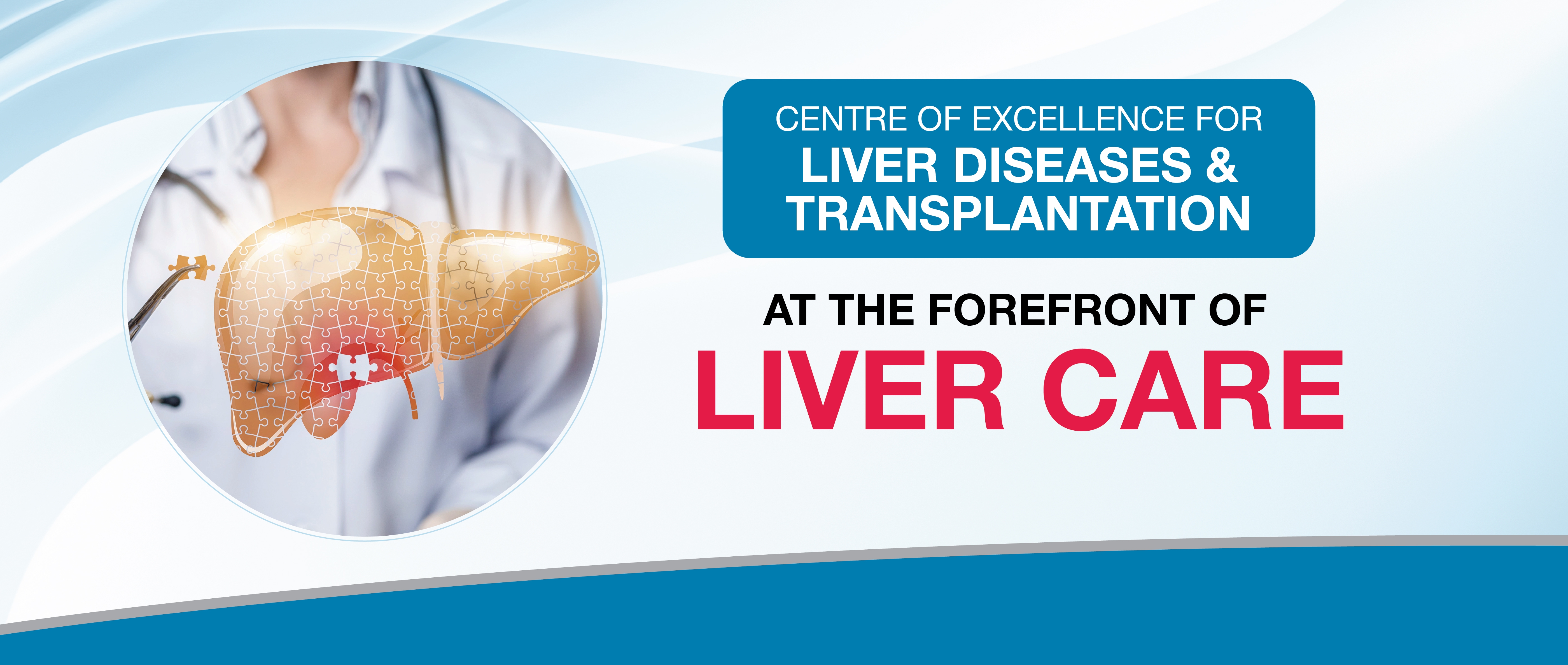In order to treat irreversible liver disease, KIMS Hospitals provides a thorough and interdisciplinary strategy that has produced outstanding outcomes in terms of patient survival and quality of life. Along with a variety of allied support specialties like pathology, interventional radiology, specialized nursing, transplant coordinators, a nutrition team, liver transplant surgeons, general and transplant hepatologists, transplant intensivists and anesthetists, our team consists of these professionals. The team is supported by state-of-the-art infrastructure including dedicated operation theatres, ICUs, endoscopy suites and dedicated transplant wards. A liver transplant may be seen a feasible option in a number of circumstances. These comprise, among other things, hepatitis B and C, autoimmune hepatitis, non-alcoholic fatty liver disease (NAFLD or NASH), end-stage liver disease brought on by alcohol, liver damage from taking too many drugs that are harmful to the liver, primary sclerosing cholangitis (PSC), primary biliary cirrhosis (PBC), biliary atresia, and metabolic disease. For individuals with liver cancer (HCC), a liver transplant provides a cure.
The long-term success of liver transplantation has significantly increased as a result of the discovery of efficient immunosuppressive medications and the enhancement of surgical techniques. Nowadays, many people agree that this technique is a favored and successful therapeutic approach for treating end-stage liver disease. At KIMS, liver transplants for newborns, kids and adults are frequently carried out with an emphasis on cutting-edge surgical methods, improvements in immunosuppressive medications and high-quality patient care.










